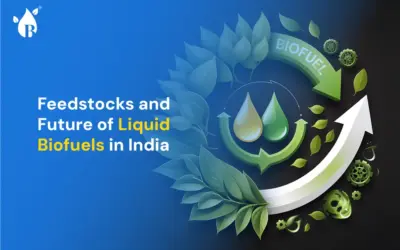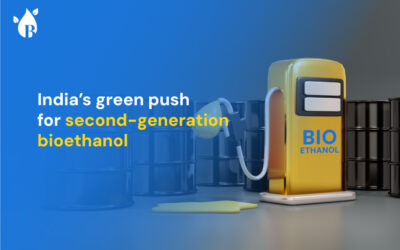
Direct Injection Diesel Engines and Biodiesel
Science behind Direct Injection Diesel Engines and Biodiesel
Benefits of Direct Injection Diesel Engines and Biodiesel
The benefits of using biodiesel in direct injection diesel engines are numerous. Here are some of the most significant advantages:
1. Reduced Emissions: Biodiesel is a cleaner-burning fuel that produces fewer emissions of carbon monoxide, particulate matter, and other harmful pollutants.
2. Renewable Energy Source: Biodiesel is made from renewable sources such as soybean oil, rapeseed oil, and waste vegetable oil, which are not finite resources like fossil fuels.
3. Lower Carbon Footprint: Biodiesel has a lower carbon footprint than conventional diesel fuel, making it a more sustainable option for transportation.
4. Improved Engine Performance: Biodiesel has a higher cetane rating than diesel fuel, which results in improved combustion, higher power output, and lower emissions.
5. Engine Durability: The superior lubricating properties of biodiesel can help reduce engine wear and extend the engine’s lifespan.
Limitations of Direct Injection Diesel Engines and Biodiesel
1. Availability: Biodiesel is not yet widely available at fueling stations, and it can be more expensive than conventional diesel fuel.
2. Cold Weather Performance: Biodiesel can have poor cold weather performance, which can lead to engine problems in colder climates.
3. Compatibility: Biodiesel can cause issues with certain engine components, such as seals, gaskets, and fuel filters. Hence, the use of biodiesel in transportation may require modifications to existing diesel engines, which could be costly and time-consuming.
4. Production: The biodiesel production requires significant amounts of land, water, and other resources, which could potentially compete with food production or other land uses.
Conclusive Thoughts
TIn India, the use of biodiesel in transportation is encouraged through various government initiatives, such as the National Biodiesel Mission, which aims to promote the production and use of biodiesel in India.
Read this blog also: Is biodiesel illegal in India?
Overall, the future of direct injection diesel engines and biodiesel in India depends on a range of factors, including government policies, technological developments, and social and economic factors. With continued support and investment, however, this technology could help India achieve its transitions towards a greener future.
To know more about it, get in touch with Buyofuel. Our platform has a wide network of biodiesel manufacturers in India.



